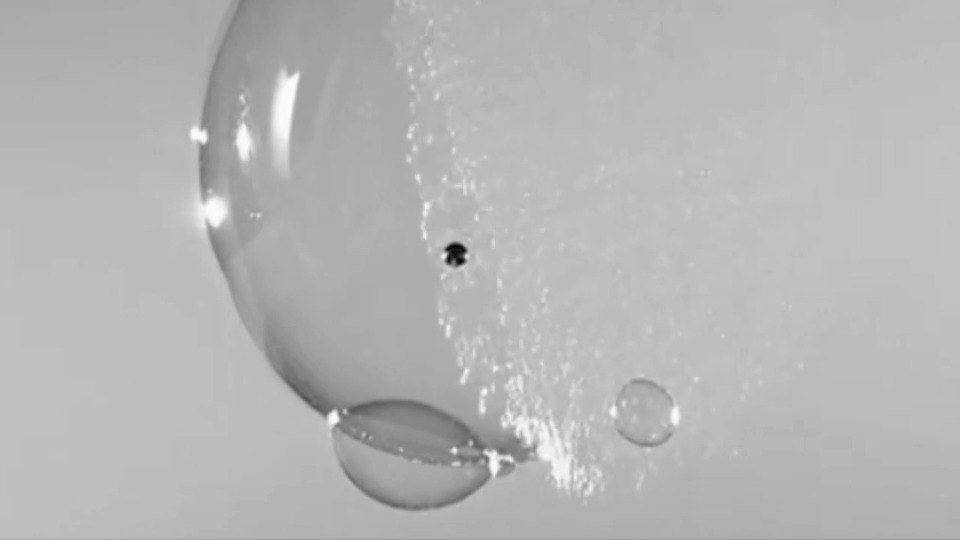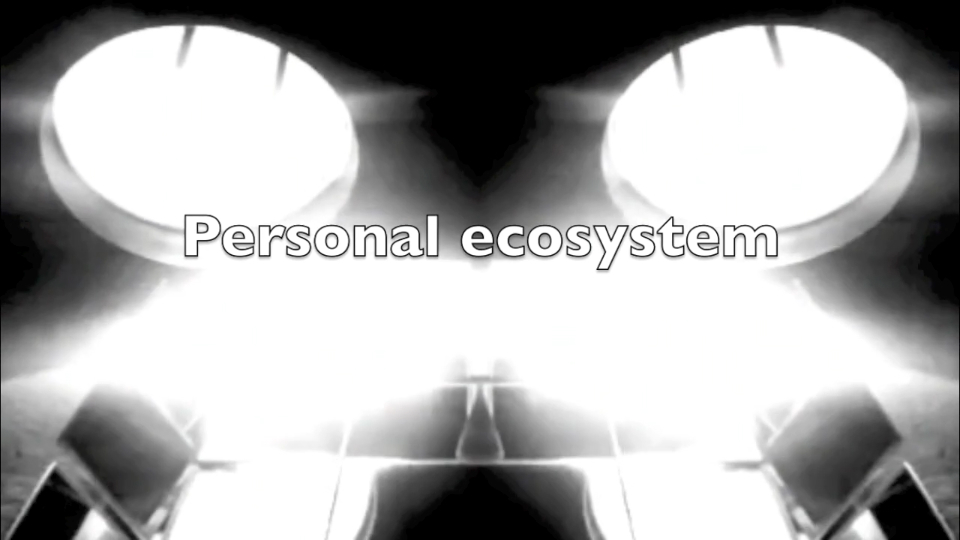Filter Bubble
TBM project, Eleni Chamou, 2016, duration : 02.10'
'Filter bubble', Eleni Chamou, 2016 , Video Art , 02:10'
for the video click here : https://vimeo.com/154138275
Abstract:
Social media are influencing social behavior and consumerism as they are parts of our lives. Pop culture category categorizes everything from viral videos to socio-political sarcasm. The proliferation of social media has led to Internet memes spreading very quickly and reaching more people.
Internet memes are objects of interest on the Internet that are passed around in a memetic manner. This project is based on internet memmes and the concept of 'Filter bubble' as Eli Pariser first named and who is also the person that analyzed
the 'personal ecosystem', in which the viewers through 'cookies' and memes are isolating . This project is a comment on how our online experience is becoming statistic. How the viewers became 'the product'.
'What are cookies?
Cookies are a small text files that websites put on your computer to store information about you and your preferences.
What are cookies used for?
Websites use cookies to offer a personalized experience to users and to gather information about website use. Many websites also use cookies to store information that provides a consistent experience between sections of the site, such as a shopping cart or customized pages. With a trusted website, cookies can enrich your experience by allowing the site to learn your preferences or allowing you to skip having to sign in every time you go to the website. However, some cookies, such as those saved by banner ads, might put your privacy at risk by tracking sites you visit.
What are Temporary cookies?
Temporary cookies (or session cookies) are removed from your computer after you close Internet Explorer. Websites use them to store temporary information, such as items in a shopping cart.
What are Persistent cookies?
Persistent cookies (or saved cookies) remain on your computer after you close Internet Explorer. Websites use them to store information, such as a sign-in name and password so that you don't have to sign in each time you go to a particular site. Persistent cookies can remain on your computer for days, months, or even years.
What are first-party cookies?
First-party cookies come from the website that you're viewing and can be either persistent or temporary. Websites might use these cookies to store information that they'll reuse the next time you go to that site.
What are third-party cookies?
Third-party cookies come from other websites' advertisements (such as pop-up or banner ads) on the website that you're viewing. Websites might use these cookies to track your web use for marketing purposes.' (quote from windows.microsoft.com, questions)
References
- BBC News, (2016). Filter bubbles in internet search engines - BBC News. [online] Available at: https://www.bbc.com/news/technology-13874209 [Accessed 4 Feb. 2016].
- Marxists.org, (2016). Walter Benjamin. [online] Available at: https://www.marxists.org/reference/subject/philosophy/works/ge/benjamin.htm [Accessed 3 Feb. 2016].
- Van Alstyne, M. and Brynjolfsson, E. (1996). Could the Internet Balkanize Science?. Science, 274(5292), pp.1479-1480.
- windows.microsoft.com, (2016). Cookies: frequently asked questions - Windows Help. [online] Available at: https://windows.microsoft.com/en-us/windows/cookies-faq#1TC=windows-7 [Accessed 4 Feb. 2016].
- part of video finded through cookies : https://www.youtube.com/watch?v=8_5AsgMM4CE
- link for ted talk reference : https://www.ted.com/talks/eli_pariser_beware_online_filter_bubbles

